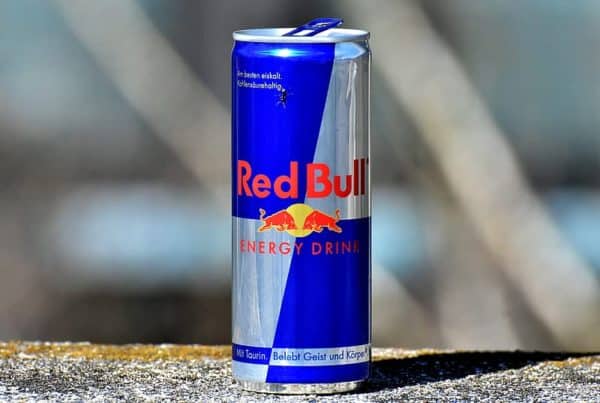Two cans of Red Bull can increase risk of heart attack, study finds


Could Red Bull give you a heart attack? The potential health risks associated with energy drinks like Red Bull and Monster Energy have been examined in a new study which finds that drinking just two cans of Red Bull can cause critical heart problems in people with long QT syndrome, a relatively rare heart rhythm condition that causes fast, irregular heartbeats.
The study conducted out of the Department of Cardiology at the Royal Prince Alfred Hospital in New South Wales, Australia, involved 24 patients between the ages of 16 and 50 with LQTS, which puts people at increased risk of arrhythmia and other cardiovascular events. Researchers divided participants into two groups, one of which consumed two cans of sugar-free Red Bull, containing a total of 160 mg of caffeine and 2,000 mg of taurine, an amino acid associated with athletic performance in some studies, while the other group received a flavoured drink with neither compound.
Researchers monitored the participants’ blood pressure and heart activity every ten minutes for 90 minutes and found that while the changes in QTc level —a measure of electrical activity in the heart— were not significantly different overall between the energy drink and control drink groups, three of the participants in the energy drink group did display increases in QTc intervals that the researchers determined to be “clinically relevant.”

Can Red Bull Give You a Heart Attack?
“The potential cardiovascular risk of energy drinks continues to emerge as an important public health issue,” say the study’s authors, whose work is published in the International Journal of Cardiology. “The population most at risk are teenagers and young adults, representing the population these drinks are most heavily marketed towards.”
Consumption of energy drinks has risen in recent years, both on a global scale where consumption nearly doubled between 2006 and 2012 and in Canada where the market has grown to over $110 million by 2014. A study this year commissioned by a coalition of health groups in Canada including the Heart and Stroke Foundation, the Canadian Cancer Society and the Canadian Diabetes Association found that while sales of soda pop have decreased over the past dozen years, energy drink sales rose 638 per cent over the same time period.

In comparison to coffee, energy drinks are known to have more caffeine per serving because they come in larger volumes. As well, energy drinks often contain added stimulants such as ginseng, guarana and the aforementioned taurine, along with large quantities of sugar, often about twice the daily recommended amount.
A 2015 study by researchers at the Mayo Clinic in Orlando, Florida, found that one energy drink can significantly raise blood pressure and increase levels of norepinephrine, a stress hormone. The researchers determined that continual usage on a daily basis could predispose even healthy people to an increased risk of heart disease and cardiac events.
“These results suggest that people should be cautious when consuming energy drinks due to possible health risks,” said Dr. Anna Svatikova, cardiology fellow at the Mayo Clinic. “Asking patients about energy drink consumption should become routine for physicians, particularly when interpreting vital signs in the acute setting.”
In 2013, the Canadian Medical Association passed a motion supporting a ban on the sale of energy drinks to Canadians younger than the legal drinking age.

